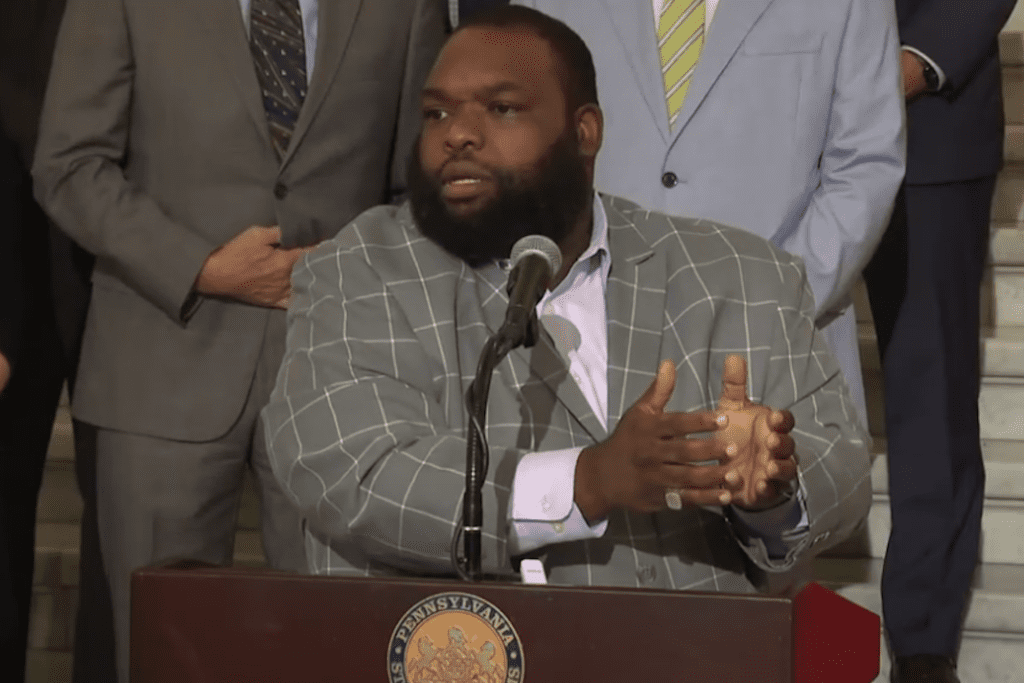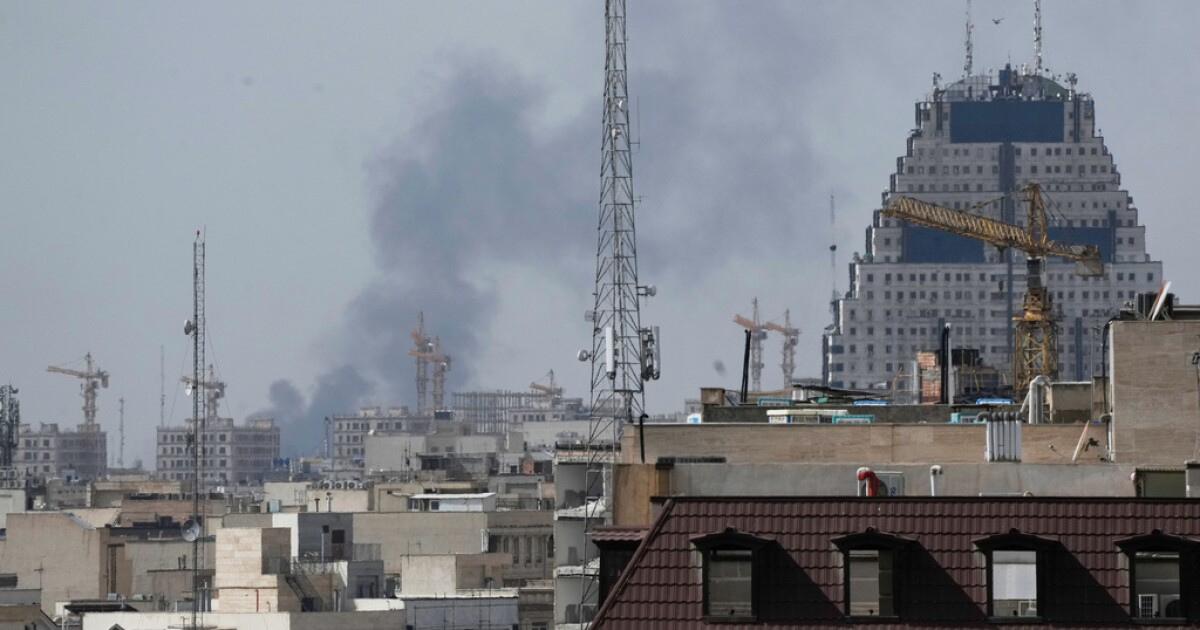Article Summary –
Tyler Memorial Hospital’s closure in 2021 led to increased patient numbers at Endless Mountains Health System, which now anticipates further strain due to potential Medicaid cuts that could result in the closure of 25 rural hospitals in Pennsylvania. The Medicaid cuts, part of the One Big Beautiful Bill Act signed by President Trump, are expected to reduce Medicaid reimbursement rates, leading to higher uninsured rates, increased uncompensated care for hospitals, and potential closures, particularly affecting rural areas already struggling with healthcare access. Health officials and lawmakers express concern over the bill’s impact on healthcare costs, insurance premiums, and the sustainability of healthcare services, emphasizing the detrimental effects on rural communities, which may lead to residents relocating for better access to medical care.
After Tyler Memorial Hospital closed in Tunkhannock in 2021, the Endless Mountains Health System saw emergency department visits soar rapidly. “We went from an average of about 22 visits to 38 to 40 visits a day literally overnight,” said Endless Mountains CEO Loren Stone. “July 1 started, and we saw a huge influx, and we’re still seeing those higher numbers from that closure.”
Stone now anticipates more patients will rely on Endless Mountains in Susquehanna County. This follows reports that around 25 rural hospitals in Pennsylvania could shut down in coming years due to congressional Republicans’ decision to slash Medicaid, a crucial health insurance program covering about 3 million Pennsylvanians and 78 million Americans. The One Big Beautiful Bill Act, signed into law by President Trump, has sparked widespread concern among health officials and lawmakers.
In addition to potential hospital closures, hundreds of thousands of Pennsylvanians are expected to lose health coverage due to $1 trillion in Medicaid cuts over the next decade. These cuts will result in lower Medicaid reimbursement rates for hospitals and an increase in uninsured patients turning to emergency departments for care.
The bill funds Trump priorities like tax cuts for wealthy Americans and the mass deportation of immigrants, and reduces funding for programs like the Supplemental Food Assistance Program. It threatens facilities such as nursing homes and health clinics reliant on Medicaid reimbursements.
“The Big Bad Bill takes a sledgehammer to the pillars of our community,” said state House Majority Caucus Whip Mike Schlossberg during a press conference. “It hurts schools, hospitals, and nursing homes.”
‘Completely destabilize rural hospitals’
Rural health care workers and officials warn that the law could devastate Pennsylvania’s rural health care. The state already faces high rates of uninsured patients and barriers to accessing care, such as lack of public transportation and Medicaid reimbursement rates that don’t cover patient care costs.
“Hospitals are critically important for community health,” said Brandon Cwalina, press secretary for the Pennsylvania Department of Human Services. “The Republicans’ Budget Bill will completely destabilize rural hospitals.”
Stone expects Endless Mountains Health System to lose about half a million dollars over the next decade due to Medicaid cuts. The projected cuts stem from the lower Medicaid reimbursement rates under the One Big Beautiful Bill Act.
“We’re not getting paid the actual cost of providing care,” Stone stated. “There’s not much volume in rural areas to make up that shortfall, affecting staff retention and service offerings.”
Unlike other rural hospitals, Endless Mountains may remain open, but challenges persist as more uninsured patients turn to emergency departments for care due to financial constraints. Rural hospitals already struggle to attract workers, and the aging rural population exacerbates these challenges.
“Local health care is at risk,” Stone said. “The impact from reimbursement cuts jeopardizes communities nationwide. We may maintain current operations but won’t expand services without changes.”
‘We must not count’
As rural hospital closures loom, rural residents feel neglected, said Lisa Davis, director of the Pennsylvania Office of Rural Health. “Residents feel unimportant because of lack of investment in health care delivery systems,” Davis explained.
When a rural hospital closes, patients travel long distances for care, jobs are lost, and doctors may relocate. “The further away care is, the more people will die from emergencies,” said Matt Yarnell, president of SEIU Healthcare Pennsylvania.
Rural residents might move closer to health care services, Stone noted. “Chronic conditions may force individuals to relocate for consistent treatment.”
Stone believes legislative amendments are necessary due to the law’s significant impact. “There will need to be changes over the next 10 years,” Stone said. “Providers can’t bear all the impacts.”

State Rep. Jordan Harris echoed the concern. “How long can health care organizations provide required services without proper payment?” Harris asked during a press conference.
—
Read More Pennsylvania News










